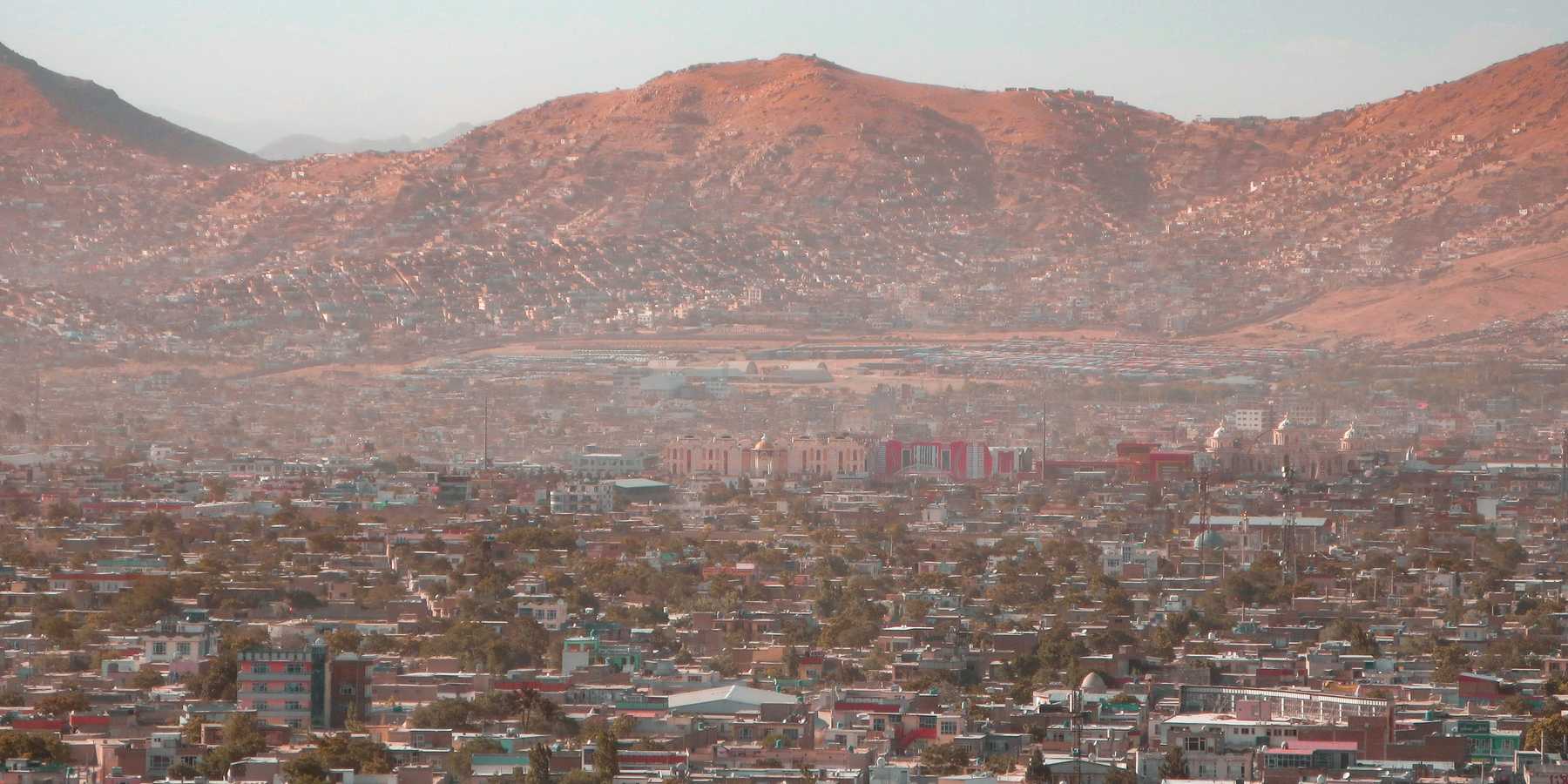
Kabul’s underground water crisis grows as the city nears a 2030 deadline
Kabul faces a worsening water shortage that could leave its six million residents without reliable access by 2030, as unregulated drilling, prolonged drought, and political isolation hamper efforts to secure new supplies.
Elian Peltier reports for The New York Times.
In short:
- Kabul’s water basins are depleting nearly twice as fast as they refill, driven by shrinking snowfall, erratic rainfall, and rampant, unregulated extraction from private wells.
- After the Taliban takeover in 2021, most international water infrastructure projects were canceled or frozen, leaving a fragmented water system and widespread reliance on deliveries from trucks and tricycles.
- Only 20% of residents have piped water access, and even government buildings now depend on trucked-in supplies, as dried wells and broken plumbing cripple the city’s infrastructure.
Key quote:
“We are increasingly fighting because water is like gold for us.”
— Aman Karimi, Kabul resident
Why this matters:
Water scarcity has become a slow-moving disaster in many urban centers, but Kabul’s situation is extreme. A combination of climate change, poor planning, and political instability has pushed the Afghan capital to the brink of collapse. What was once a city nourished by rivers and mountain snow is now reliant on aging Soviet-era trucks and makeshift deliveries of water. As aquifers run dry and the population grows, violence over water access may intensify, adding a layer of instability to an already volatile region. With international aid cut off and local resources stretched, the failure of basic infrastructure in Kabul reflects a broader crisis unfolding across climate-stressed cities in the developing world — where the consequences for public health, hygiene, and human dignity are immediate and compounding.
Related: Afghanistan battles climate change amid foreign aid cutoff













